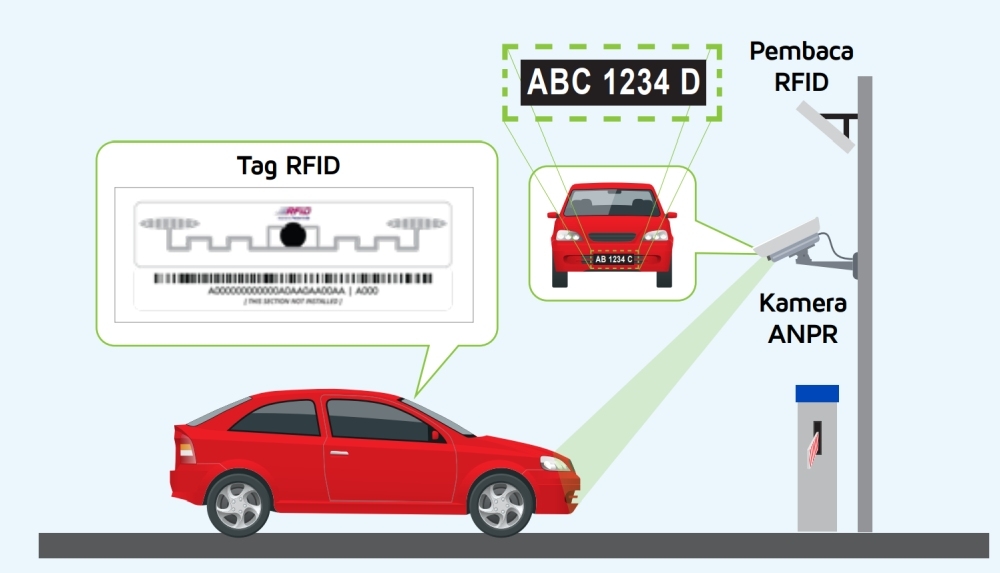APRIL 14 —I read AI advisor and strategist, Dr KP Chiew’s recent article in Malay Mail about how AI in Malaysia is growing in quiet, practical ways, and I think he’s right.
We don’t always need big changes. Sometimes, real progress is when something useful shows up in our daily life, works well, and we barely notice it. For me, one example is ANPR.
ANPR stands for Automatic Number Plate Recognition. Believe it or not, most of us have used it, even if we don’t realise it. At malls like Pavilion Bukit Jalil or Setia City Mall, there’s no need to take a ticket. You just drive in, the camera scans your number plate, and the barrier lifts.
It’s fast, simple, and there’s nothing to press or touch. Once you get used to it, going back to the old way, like rolling down your window, tapping your card, they all will start feeling like a hassle.
The same system is already being used for things like AES speed cameras and JPJ checks. It reads number plates and links them to the driver’s details. It helps with enforcement and tracking, all without stopping the vehicle.
Other countries have taken it further. In Taiwan, ANPR is used for tolls. Drivers don’t stop at gantries. Their plates are scanned, and they’re billed later. Indonesia and Hungary are doing this, too.
I’ve read that Malaysia is starting to test this idea on highways. Some say one highway operator is already using something called a toll validation centre, a backend system that checks for payment errors, detects cloned plates, and even processes toll charges after the journey.
If more highways start using this, it could help people trust the system more. The idea is simple. All you have to do is just drive through, and the system takes care of the rest. No tags, no tapping, no reloads. Most importantly, no need for that Touch ‘n Go extension stick to reach the reader.
To me, this is the kind of change that makes sense. It saves time, it reduces stress at toll booths, and it doesn’t ask people to learn something new. Just like what Dr KP Chiew said: The best technology is the kind that fits into people’s lives without making things harder.
But if we’re really going to move forward with this, I hope the system is accurate and fair. If there’s a mistake or a dispute, people should know where to go. If someone tries to cheat the system with fake plates, the system needs to catch it. This is something that we don’t see being reported in Malaysia. At least not yet. Personally, I am intrigued to know where AI and ANPR will go next.
It’s also worth echoing what Dr KP Chiew touched on, that AI doesn’t always have to be about big language models or self-driving cars. It can be things like ANPR, which quietly does its job, helping daily routines run more smoothly. This is real-world AI, not just hype.
My only suggestion is this: If it works well at malls, why not expand it to other places? Offices, schools, condos, even local councils. The more we make things smooth for people, the more they’ll support the change.
We don’t always notice when things improve. And yes, some people mock those who use AI without understanding it, like it only counts if you built it yourself. But ANPR is proof that AI doesn’t have to be flashy or complicated to be useful. It’s already helping our daily lives: quietly, practically. That’s the kind of tech Malaysia could build more of. If done right, it could be another example of how Malaysia quietly leads in smart, people-first infrastructure. It may not impress the purists, but it works, and that’s what matters to most people. Let them debate, I’m just happy when tech makes daily life easier.
So, still think AI is just ChatGPT? Still think AI is for lazy people? Think again.
* Firdaus Noor is an accountant who has a knack for technology and AI
** This is the personal opinion of the writers or publication and does not necessarily represent the views of Malay Mail.





